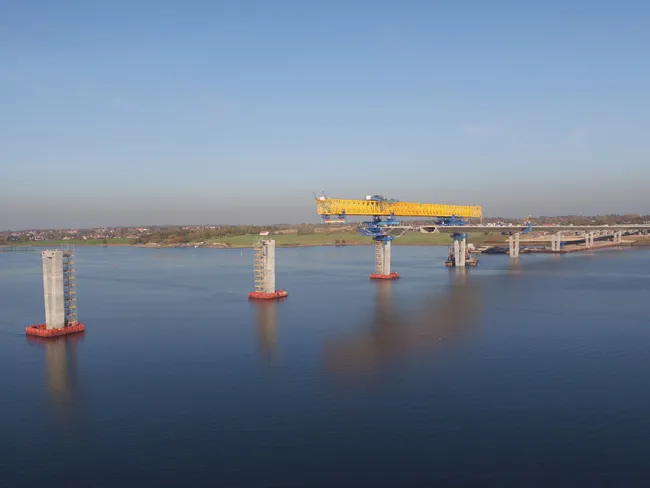
Increasingly used in civil applications such as tunnels and bridge decks, FRC can be challenging to recycle because of the difficulty in separating the tiny fibres from the concrete material. “Most of the research into FRC is about the formulation or the application of the material,” said Kathy Bru, a process engineer at research organisation
The project is part of a bigger European research programme called HISER led by Spanish company
As well as looking for new recycling techniques to improve the value of waste materials,
some of the 25 partners are examining how specification can be changed to include more recycled materials in new construction projects.
Electro-fragmentation is a process that applies a high-voltage electrical charge into the material. It creates a shock, akin to a lightning strike or a demolition blast. The shock is concentrated at the interface between the different materials, which separates them out. The process was developed for mineral processing.
To date, the project has tested a small sample in the laboratories of
The next steps will be to evaluate the cost, in terms of cash and carbon, said Bru: “It’s also very important to consider the economic and environmental impact of new technology to ensure that what we think are good ideas are also good from an economic and environmental perspective.”








